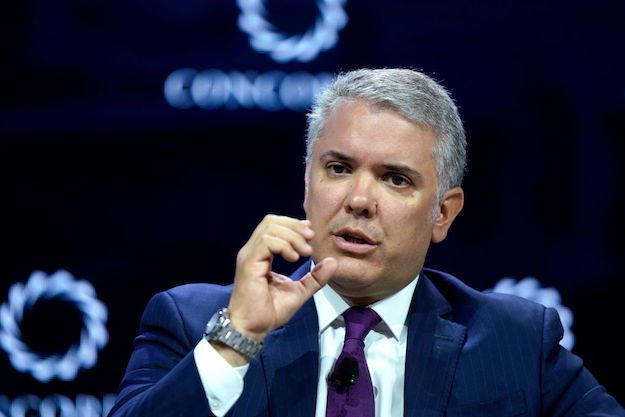Financial markets showed little reaction to the result of the first successful vote of Brazil’s pension reform, which reiterates that the outcome was already priced in. However, a lack of volatility in the market does not mean that a small event occurred. In fact, this will likely prove to be a momentous, even historic, occasion for Brazil.
Perhaps the biggest surprise isn’t that the reform passed its first test, but that the political environment in the country allowed this to happen. Understanding this new dynamic is key to determining whether or not more reforms are forthcoming.
The constitutional amendment to change the country’s pension system – which still needs final approval by the legislature – is the first major piece of legislation passed by Congress since Brazil began to run large primary deficits in 2014. These deficits, if not dealt with, could lead to explosive growth in the country’s already large debt burden, one of the highest for any emerging market.
The amount saved by size of the reform is also noteworthy. Though the calculations are difficult, and last-minute changes are still possible, expected savings over the next ten years versus the current system should be between approximately $210 billion (800 billion reais) and $240 billion (900 billion reais) – amounts larger than expected by the markets.
While these amounts by themselves are likely not to be sufficient to arrest the overall increase in debt, they are set to make a serious contribution in terms of spending restraint to solving the country’s fiscal problems.
Since Brazil returned to democracy with the 1989 presidential elections, to gain support for their legislative programs presidents have looked to form a large governing majority in a Congress with dozens of political parties. This would often involve offering cabinet posts and other positions within the bureaucracy to allied political parties. While there is nothing inherently wrong with sharing power in this manner, some have come to associate such practices with recent corruption scandals – most famously the ongoing Lava Jato (“Car Wash”) investigations.
Jair Bolsonaro, the surprising winner of last year’s presidential election, campaigned in part against these practices, vowing to bring about what he has often labelled as a “new politics.”
Given that he also campaigned to reform the economy, many analysts noticed a possible tension, if not outright contradiction, between a government that consciously refuses to build a large majority in Congress and one that also needs a large majority to pass crucial economic reforms. How would Bolsonaro square the circle?
Many expected Bolsonaro to take a more pragmatic attitude once in office, finding ways to share power with the center and center-right parties needed to push reforms forward. But true to his campaign vows, this has not happened.
The real surprise came from Congress itself. Instead of balking at approving pension reform, Congress took a leading position in both formulating and approving the reform under the able leadership of its president, Rodrigo Maia. Why did this happen?
There are a variety of reasons. First, pension reform has been debated since December 2016, when the Temer government tabled its first proposal. This proposal appeared very close to being approved until charges of corruption were brought against Temer by the attorney general in May 2017. There has developed a consensus view among opinion makers and politicians that the country’s current pension system is both fiscally unsustainable and socially unfair.
Second, the lackluster recovery from the country’s greatest recession has demonstrated that without the outside boost of global commodity and credit bubbles, there is no prospect of higher growth without a domestic reform effort.
This turn of events is both surprising and potentially very positive. As a new protagonist, Congress could bring about further needed reforms since it is apparently no longer content to be just an adjunct of the executive branch. Despite Brazil suffering from polarized politics like many other countries in our post-financial crisis and social media age, a political consensus has formed around a core set of fiscal and pro-productivity reforms.
This would set Brazil apart from many of its emerging market peers who, like Brazil, have seen a period of disappointing growth as China has lost its economic dynamism.
While the trauma of suffering from the biggest recession in its history and a tepid recovery are still very much evident, there is growing hope that the country’s political environment will actually contribute, and not hinder, progress. The economy may finally see better days ahead so long as the global scenario permits.
—
Volpon is a former deputy governor for Brazil’s Central Bank and currently managing director and chief economist for Brazil at UBS








